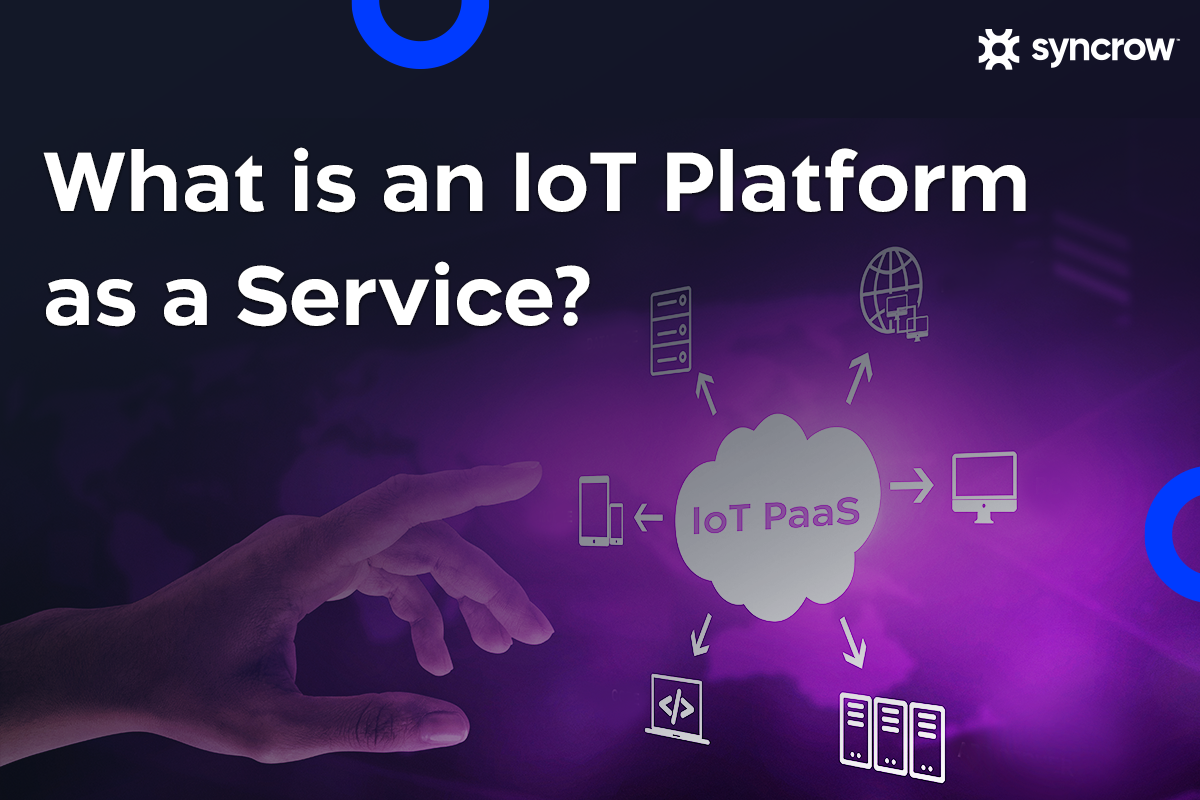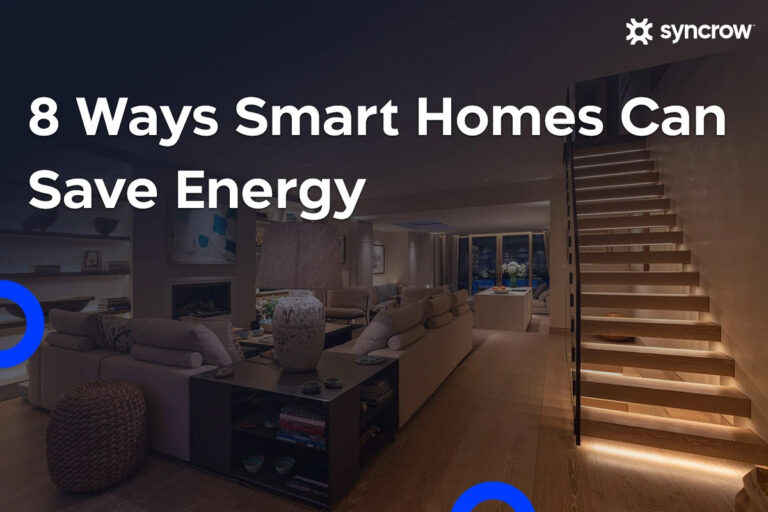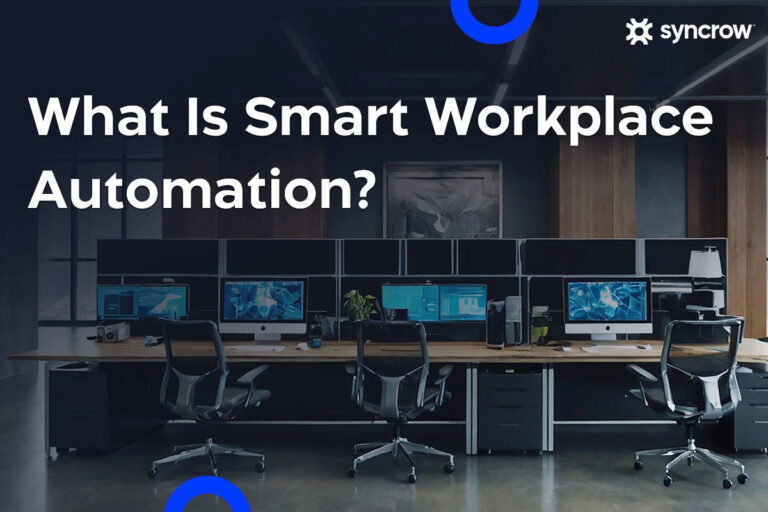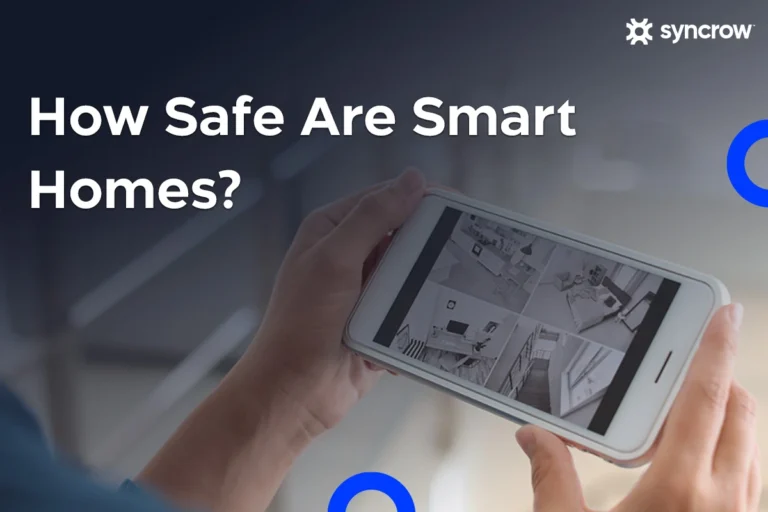As more industries rely on smart technologies, choosing the best IoT platform becomes crucial for success. An IoT Platform as a Service (IoT PaaS) is emerging as the go-to model for companies looking to accelerate their IoT deployments with minimal complexity and upfront investment.
Platform as a Service (PaaS) started as a cloud computing model to simplify software development. With time, it evolved into the IoT ecosystem to serve the unique requirements of interconnected devices, real-time data processing, and device management. Today, IoT PaaS models offer a seamless foundation for IoT applications, data analytics, and remote monitoring, allowing businesses to focus on outcomes rather than infrastructure.
In this blog, we break down what an IoT platform-as-a-service is, explore its benefits, offer tips on choosing the right solution, and highlight the industries set to gain the most from this game-changing model.
What is an IoT Platform as a Service (PaaS)?
An IoT Platform as a Service is a cloud-based framework that delivers the infrastructure, tools, and services required to connect and manage IoT devices and applications without needing to build and maintain the backend from scratch.
Unlike traditional platforms, IoT PaaS abstracts much of the operational complexity and embraces connectivity. By leveraging the Internet of Things, it offers a unified layer for device management, data collection, analytics, and application development, all while ensuring security and scalability. These platforms also support various communication protocols to enable interoperability between devices across different networks and vendors.
Benefits of IoT Platform as a Service
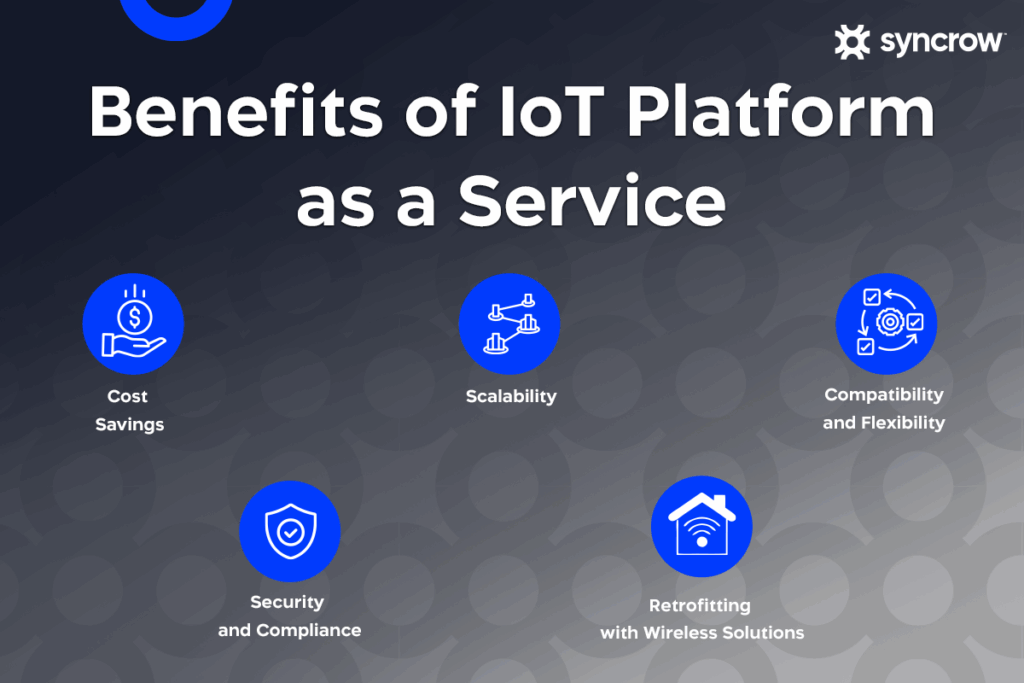
Choosing an IoT platform-as-a-service enables organizations to build, deploy, and manage IoT solutions more efficiently. Here’s how:
Cost Savings
IoT PaaS eliminates the need for extensive infrastructure investment. By using a cloud platform, companies can deploy applications faster without the overhead of managing physical servers. This streamlines operations and significantly reduces capital expenditure, making IoT more accessible to small and medium businesses.
Scalability
The scalable IoT nature of these platforms means you can manage a number of devices – from a few sensors to millions of devices – with ease. As your IoT deployments grow, your IoT platform can scale seamlessly, handling everything from data generated by IoT devices to integration with new software applications.
Compatibility and Flexibility
An ideal IoT platform supports various communication protocols, devices, and networks, providing businesses with the flexibility to choose or switch components as needed. Some modern platforms also offer white-label capabilities, enabling system integrators or vendors to brand the platform as their own and integrate it into existing systems.
Security and Compliance
Effective IoT platform capabilities include robust IoT security features such as encrypted communication, role-based access, and data isolation to protect sensitive IoT data. Many IoT PaaS solutions also comply with regional data regulations to offer their services to various public organizations in the public and private sectors.
Retrofitting with Wireless Solutions
IoT PaaS allows businesses to modernize legacy systems without tearing them apart. Wireless IoT devices and applications can be easily deployed to older buildings or infrastructure, enabling smart functionalities such as real-time data tracking and automated insights from IoT without major renovations.
How to Choose the Best IoT PaaS for Your Business
Selecting the right IoT platform-as-a-service should align with your specific business goals and operational needs. Here’s what to consider:
Availability in the Region
For companies operating in the Middle East, especially in the UAE and KSA, platform availability is critical. The right IoT solution must comply with local telecom and cybersecurity regulations while offering regional support teams familiar with business needs and standards.
Compliance
Choosing a platform that aligns with regulatory requirements is crucial. It’s best to consider solutions that have their software locally hosted in the region. This is especially important in sectors like healthcare and government, where compliance governs how collected data is stored and used.
Security and Privacy
Ensure the platform provides enterprise-grade IoT security features to protect sensitive information. Encryption, authentication, and role-based access controls should be standard features in your selected IoT platform.
Data Analytics Capabilities
Look for platforms offering built-in data analytics, predictive analytics, and data visualization tools. These features enable actions based on the information derived from your IoT devices, making operations more proactive than reactive.
Compatibility
The platform must integrate seamlessly with existing systems, devices, and third-party services. Flexible integration capabilities are key to future-proofing your IoT infrastructure.
Pricing
Some IoT PaaS models are pay-as-you-go, while others offer flat-rate or tiered pricing. Evaluate whether the platform provides free trials, no upfront fees, or tailored packages that suit your growth trajectory.
Key Industries that Can Benefit from IoT PaaS
Many sectors in the UAE and Saudi Arabia are turning to IoT platform solutions to enhance efficiency and decision-making through real-time data and analytics. This includes:
Residential Buildings
IoT PaaS enables smart building features such as energy monitoring, sensor-based lighting, and HVAC automation. Residents enjoy better comfort, while building managers benefit from remote monitoring and optimized maintenance.
Hotels
Hotels leverage IoT platform capabilities for room automation, device management, and guest personalization. From smart thermostats to voice-controlled amenities, the IoT solution transforms guest experience and energy efficiency.
Offices
Smart offices use IoT for occupancy tracking, air quality monitoring, and predictive maintenance. They can also integrate with calendars and HR systems for efficient space usage and resource planning.
As companies aim to bring employees back from remote work, enhancing the office experience has become essential. Features like personalized comfort settings and wellness monitoring, such as noise, lighting, and air quality, support employee wellbeing and help create a healthier, more attractive work environment.
Hospitals
Healthcare facilities use IoT devices for patient monitoring, asset tracking, and predictive maintenance of critical equipment. Real-time alerts and analytics help improve patient outcomes and streamline operational efficiency.
Beyond these traditional uses, IoT is now playing a growing role in enhancing patient comfort and wellbeing. Smart room controls for lighting, temperature, and noise levels can be tailored to individual preferences, creating a more healing-focused environment. These innovations not only support recovery but also contribute to a better overall patient experience.
Educational Facilities
Schools, universities, and training centers are increasingly turning to IoT PaaS for smarter, more efficient operations. These platforms support campus-wide energy management, secure access control, and smart classrooms equipped with real-time monitoring and automation.
Students, teachers, and administrators benefit from enhanced safety, improved resource utilization, and more engaging learning environments. From optimizing classroom lighting and air quality to automating attendance and facility usage, IoT contributes to a more connected and supportive educational experience.
SyncOS: IoT Platform as a Service for Smart Buildings in UAE and KSA
Syncrow is a leading provider of IoT solutions based in Dubai and Riyadh. One of our key offerings is SyncOS, a purpose-built IoT platform tailored for smart buildings in the UAE and KSA. As a homegrown company, we understand the unique compliance, climate, and market expectations of the region, delivering end-to-end solutions that are both adaptable and powerful.
SyncOS offers:
- Centralized device management
- Flexible integration with existing systems
- Real-time monitoring
- Wireless retrofitting options to modernize infrastructure
- Locally hosted software for compliance and optimal performance
- Support for a wide range of IoT devices
- White-label capabilities with open APIs
Whether you manage residential spaces, hospitals, hotels, or any commercial building, SyncOS helps you connect and manage your devices intelligently while extracting actionable insights from IoT data.We’ve already worked with major brands across the region and are ready to help you streamline your operations. Contact us today for a free consultation and discover how SyncOS can meet your IoT needs.

